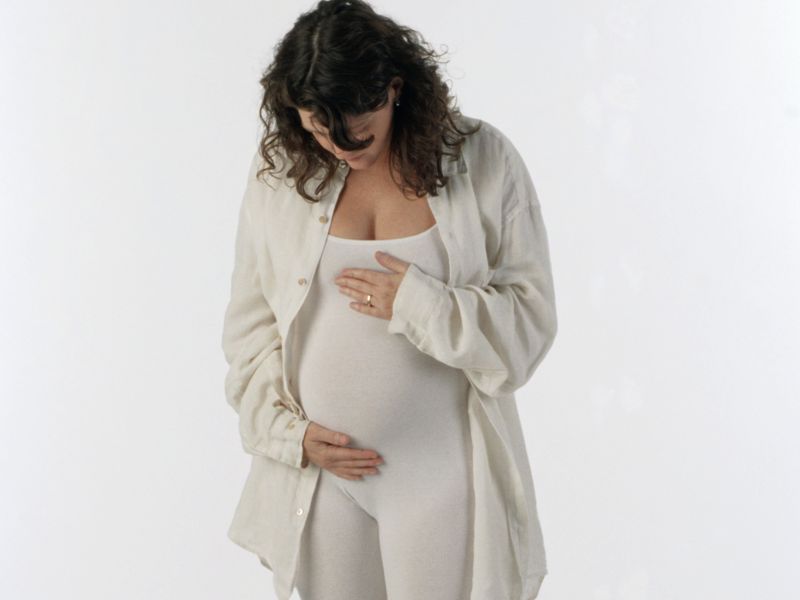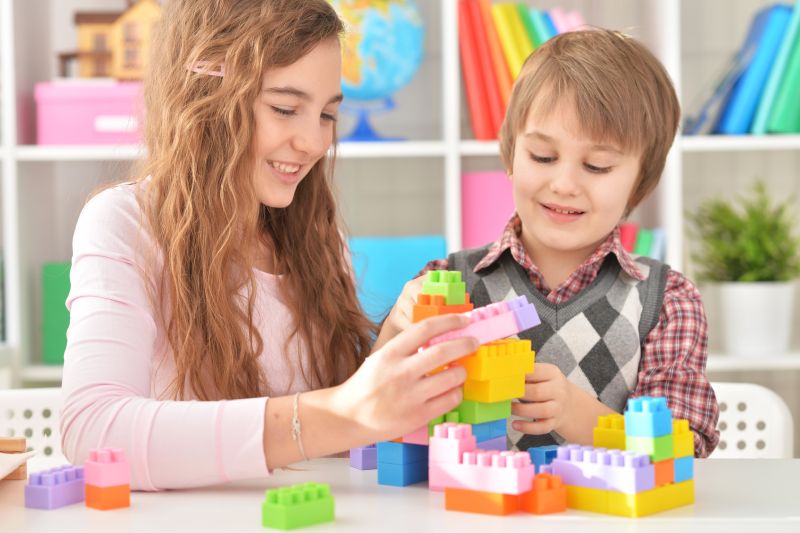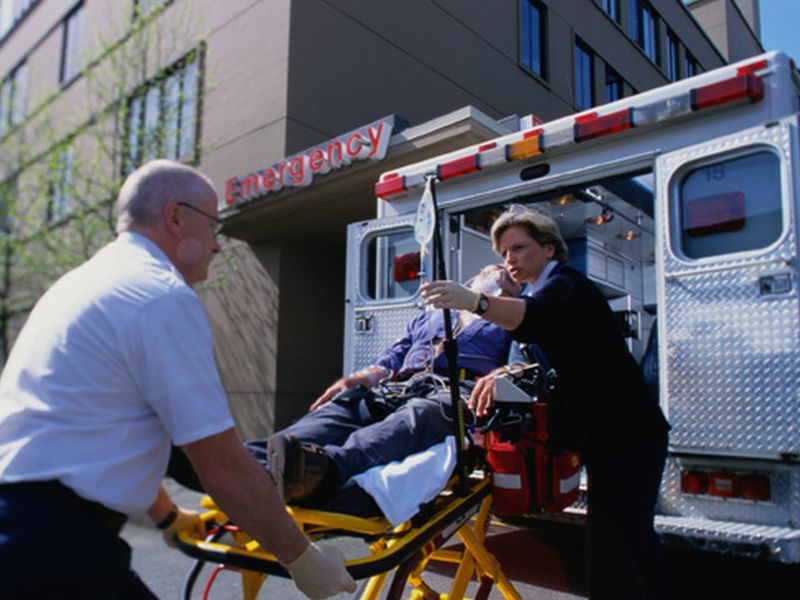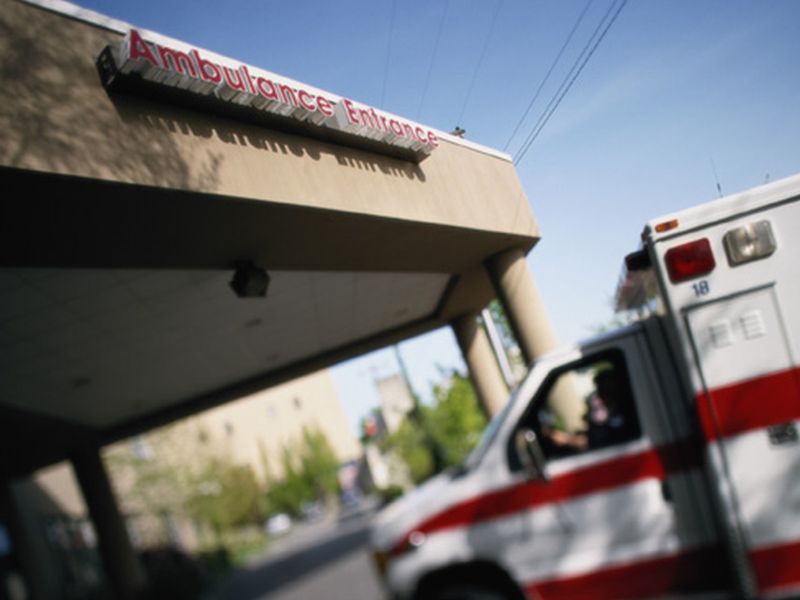
Women with frontal lobe epilepsy are much more likely to have an increase in seizures during pregnancy than those with focal epilepsy or generalized epilepsy, researchers report. “Physicians need to monitor women with focal epilepsy — especially frontal lobe epilepsy — more closely during pregnancy because maintaining seizure control is particularly challenging for them,” said… read on >


















